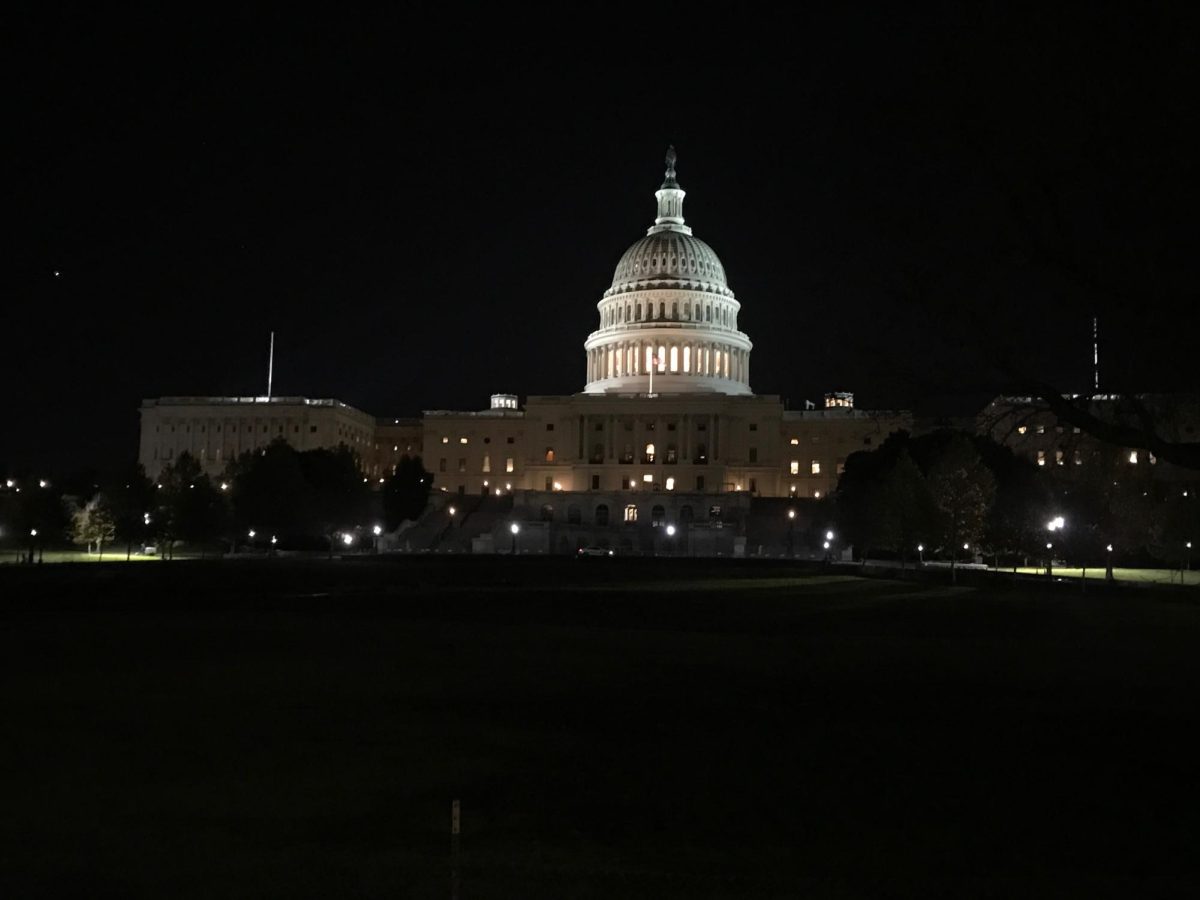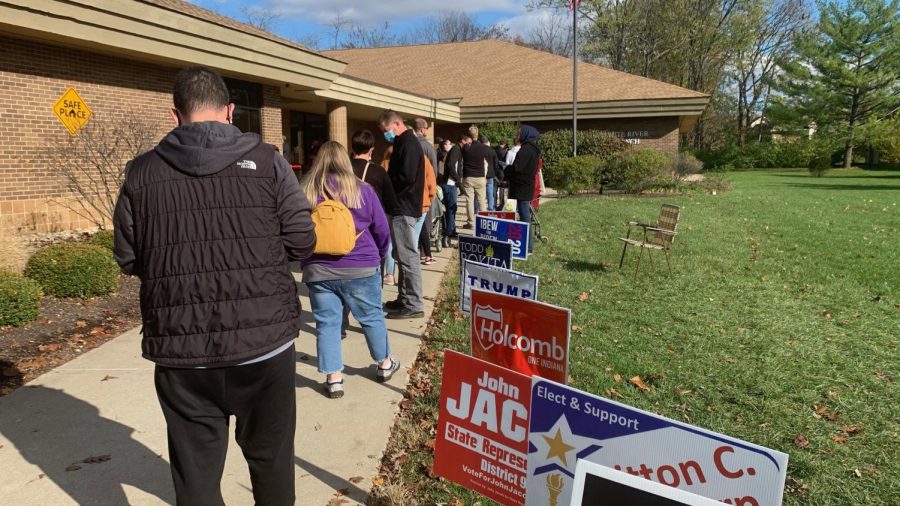The speaker of the house is an incredibly valuable position in the Legislative branch. The speaker and its powers are even outlined in the constitution before the President of the United States. So why is there no speaker?
- What is the Speaker of the House?
The Speaker of the House of Representatives is the presiding officer of the United States House of Representatives. Historically, the speaker is the head of the majority party within the House — although it’s not a requirement in the constitution that the speaker must be in the majority party. Despite being an active member of the house, the speaker rarely debates on the floor and only votes on the most significant bills brought before the house. It’s important to note that the speaker is third in line to the Oval Office should the President and Vice President perish during their term.
- What does the Speaker of the House do?
The speaker has many responsibilities. The most important tends to be organizing his/her party before important votes to vote as one collective body, ensuring the majority party passes whatever legislation they have brought to the floor. Besides that, the speaker also appoints members of Congress to committees, maintains discipline in the house, schedules bills for debate, and refers bills to the proper committee and presides over meetings.
- What Happened to the Previous Speaker?
Kevin McCarthy (R-Calif.) was ousted on Oct. 3 by his own party. The vote to remove the speaker, known as the “motion to vacate,” had never succeeded before Oct. 3 and was led by Republican Matt Gaetz (R-Fla.). The dismissal of McCarthy involved controversy around the debt ceiling. The debt ceiling is a legislative limit on the amount of debt the US Treasury can take on. If the US reaches or surpasses that limit, GDP declines, millions of jobs would be expected to vanish, and unemployment would skyrocket. Because of the destruction reaching the debt ceiling would cause, Congress almost always votes to raise the debt ceiling — along with minor cuts in budgets — to allow for the US to keep borrowing/using money and keep a stable economy.
Democrats stand 208 members strong and have voted unanimously on many bills this congressional session (118th) — especially for the most important bills. Therefore, Democrats will not vote for any speaker they feel will be unable to work with them on bi-partisan legislation.
McCarthy’s first nail in the coffin occurred when he launched an impeachment inquiry into President Biden. McCarthy then quickly turned around and gave Democrats little time to read a stopgap spending bill to stop a government shutdown over the debt ceiling crisis, which needed blue votes to pass.
As for Republicans, it only required 8 party members to grow frustrated enough with the speaker to vote with the 208 Democrats and oust McCarthy with a vote of 216-210.
- Who takes over the House of Representatives when the Speaker is ousted?
This was an unprecedented event as no speaker had ever been ousted, nor has the “motion to vacate” ever passed on the floor to even flirt with the idea of kicking out the speaker. However, when the speaker is elected, he/she is to secretly pick someone to be the acting speaker, or “Speaker Pro Tempore” should something happen to the presiding speaker. Our acting speaker is Patrick McHenry (R-NC). The speaker pro tempore acts as a temporary Speaker of the House and has limited powers. In fact, his only powers are to preside over the floor debate and voting on the election of a new speaker.
- Can’t the House just agree to vote on a new speaker immediately?
In short, no. The 118th Congressional session has 433 members and two vacancies, which means 217 votes are needed to elect a new speaker. There have been two voting sessions for speaker since McCarthy was removed from his position, both of which, the House Minority Leader (the head of the minority party) Hakeem Jeffries (D-NY) received the most votes. Jeffries received 212 votes in both sessions, contrary to the Republican nominee, Jim Jordan (R-Oh), who received 199 votes on October 17, and 200 votes on October 18. In the October 18 session, there were 22 holdouts. “Holdouts” refer to the members of congress who do not want either candidate to become speaker. Or, they are looking to be swayed as to why they should vote for one person or another.
- What comes from the failure or delay to elect a new speaker?
For the same reason McCarthy was expelled as the Speaker of the House, another government funding deadline is approaching on Nov. 17. The deadline cannot be voted on without a speaker, meaning a government shutdown would occur. The US also has its nose in two wars, and on Thursday night, President Biden requested a $100 billion emergency national security spending package bill for the wars in Israel and Ukraine. It would require congressional approval, which cannot be voted on or passed without a speaker.
Jim Jordan (R-OH), the Republican nominee for Speaker of the House, proposed to empower interim speaker McHenry to conduct legislative business until Jordan could muster up enough votes to take back the seat himself. This way, Congress would be able to legislate bills for Israel and Ukraine and avoid next month’s government shutdown. The proposed plan would have empowered McHenry until January. However, not enough Republicans backed Jordan, and it fell through.














